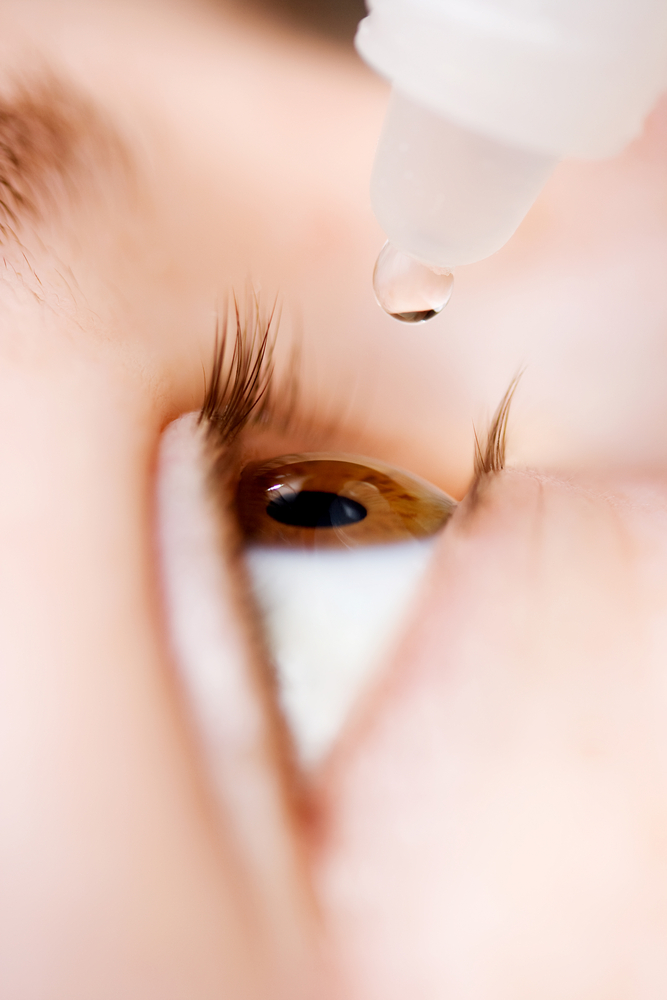Blood thinners are drugs, widely prescribed to prevent the formulation of blood clots in arteries and veins. People can take blood thinners either orally or intravenously.
What are blood thinners?
Blood clot is important to prevent excessive bleeding when a blood vessel is injured. It forms when platelets and proteins in your plasma work together to stop bleeding by forming a clot over the injury. When blood clot forms on the inside of the vessels without any wound, the situation can be dangerous. Blood clots can put you at risk of heart attacks, strokes, and other serious health problems.
If you get diagnosed with the condition, your doctor may prescribe you blood thinner medications called anticoagulants. Blood thinners do not thin the blood, but they prevent it from clotting. Warfarin is the blood thinner medication that is widely used among the patients to reduce the risk of heart attacks, strokes, and blockages in their arteries and veins by preventing clumps of blood from forming.
How do blood thinners work?
Your doctor may prescribe the blood thinner medications if you have had a heart valve replaced or have phlebitis, congestive heart failure, atrial fibrillation, or, in some cases if you are obese. Blood thinner medications likeanticoagulants, when taken correctly help you lowering the risk of developing future blood clots. But there are chances of bleeding while you are on blood thinners. So, it is advisable to be watchful while taking anticoagulants and try to avoid contacts with sharp instruments, including knives or sharp tools and other objects. Moreover, you need to follow your doctor’s instructions about your diet and dosage too.
In cases of taking oral blood thinners like Heparin, you must be very careful, as Heparin needs to be injected by a needle into your bloodstream that needs a close watch for further complications.
What are the drug interactions?
Not all blood thinners get interacted by the same substances, but there are a number of foods, herbs, and medications that may interact with blood-thinning medications. These may render the effectiveness of blood thinner medications.
Some of these are as follows:
• Vitamin K- Vitamin K can hamper the effects of blood thinners like Warfarin. Depending on the medication, you can include low to moderate levels of Vitamin K-rich foods in your diet. Some of the cruciferous vegetables and greens that should be taken as recommended include cabbage, broccoli, Brussels sprouts, kale, lettuce, spinach, and mustard greens.
• Herbs- Patients who are taking blood thinners (anticoagulants) having heart disease should use herbal supplements and teas with extra caution. Herbs like Echinacea, clove, licorice, ginseng, evening primrose oil, goldenseal, and willow bark interfere with anti-clotting activity of blood thinners and can increase your risk of bleeding. Moreover, try to avoid alcoholic beverages and cranberry juice, as these are extremely harmful when you are using blood thinners.
• Medications- A variety of anti-fungal drugs, pain relievers, antibiotics, and acid reducers can increase your risk of bleeding. Always notify your doctor before taking blood thinners.
Side-effects of blood thinners:
When you take the blood thinner medications you need to be very cautious as these have certain side-effects. Below are some of the blood thinner side-effects, these are as follows:
• Bleeding, the most common side effect
• Menstrual bleeding that is much heavier than normal
• Bowel movements that look red or tar
• Red or brown urine
• Brown or bright red color vomit
• Severe pain, such as a headache or stomachache
• Unstoppable bleeding from a cut
• Unusual bruising
• Dizziness or weakness
• Hair loss or skin rashes (in rare cases)
Blood presence in the body can increase the risk of internal bleeding following an injury. You need to seek immediate medical attention if you ever experience any of the above-mentioned blood thinner side-effects.In case, you may fall or bump your head and you are not experiencing any external bleeding, then also rush towards your doctor.
Conclusion:
If you are taking blood thinners, you may find yourself prohibiting from participating in sports due to the risks involved. It doesn’t mean that you can’t exercise or lead an ordinary life. You just need to follow your doctor’s recommendations in order to get the perfect results.



